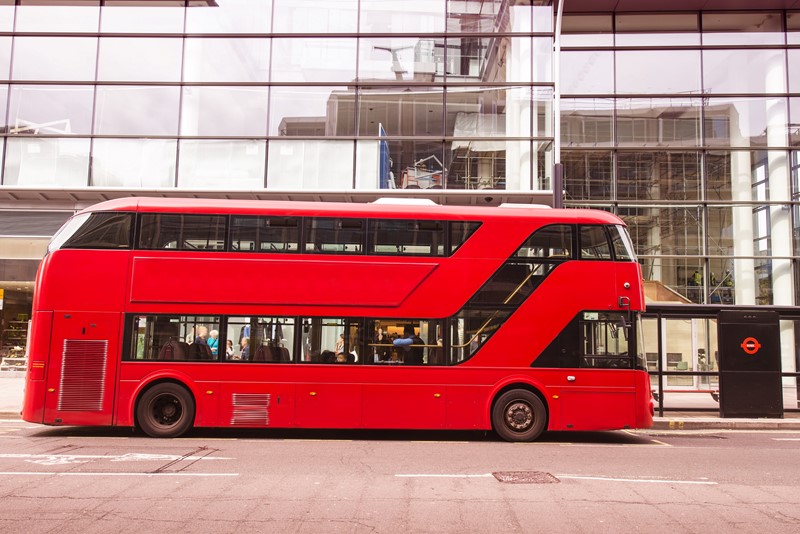If you sell services, rather than supply goods, this usually involves you providing advice for a fee.
If your advice is sought after, the amount you can charge for your service(s) may be considerable. Which is why you should be wary of giving away your advice FOC.
Why would you do this? Why would you part with your hard-won expertise without charging a fee?
Perhaps you would be prepared to offer free advice if you are tempting a business prospect to join your customer list. And you may have clients who may be suffering a temporary downturn in activity, and you might be willing to offer pro-bono advice in limited amounts to help them through hard times.
The time to bite your tongue, and apply caution, is if a client reveals that they have a specific problem, and you can immediately see a fix. The urge to “blurt” out your solution will be irresistible but resist you must.
The skills you have acquired to provide the services you offer demand a return on this investment and giving away your solutions – whilst delighting your client – will defeat the object of you being in business.
Next time you are tempted in this way simply suggest that you may have a solution to their problem, but you will need time to check out a few details and promise to get back to them the following day. This will give you time to firm up your ideas and represent your pitch as an outline of what you can achieve, how this will benefit your client – and importantly – how much it will cost for you to deliver the solution.












